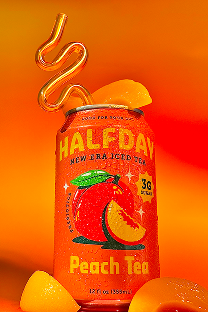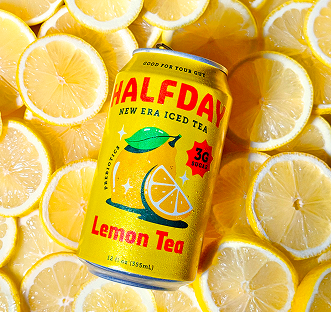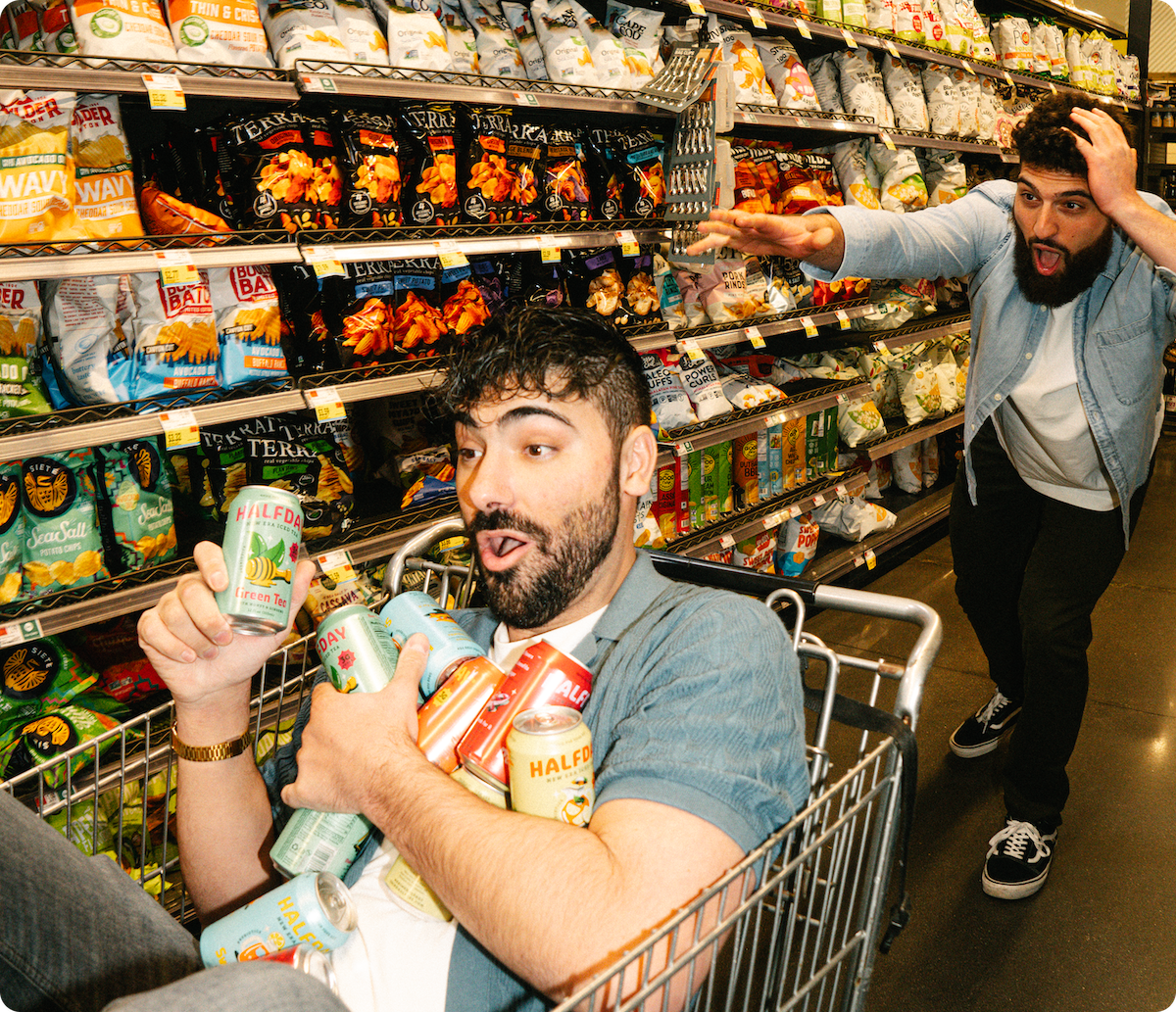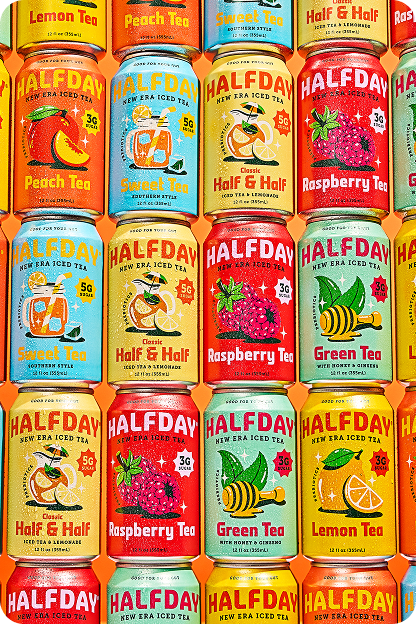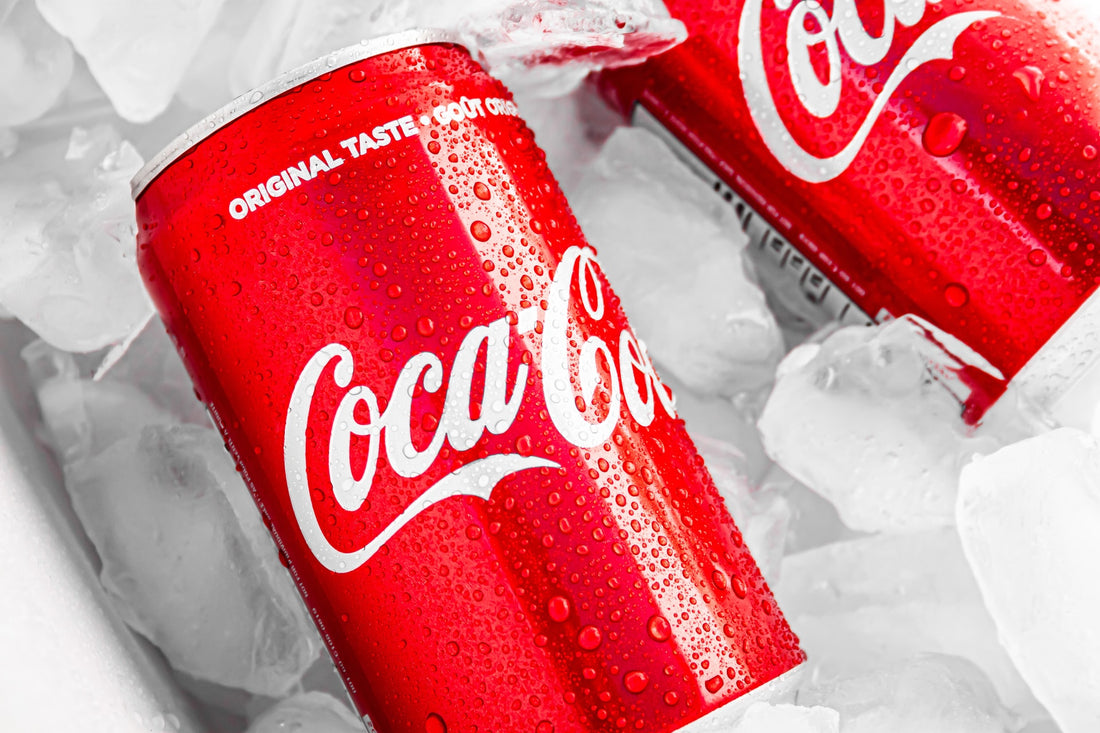
When Can I Drink Soda After Tooth Extraction?
When you have a tooth extraction, your dentist will give you specific instructions on what to do and when to do it to ensure that your tooth completely heels. One of the most common questions people have is, "When can I drink soda after a tooth extraction?". In this blog post, we will answer that question and provide other helpful information about drinking after a tooth extraction.

What Happens During A Tooth Extraction?
Tooth extraction is a relatively simple procedure. First, your dentist will numb the area around the tooth and then use special tools to remove the tooth. Once the tooth is removed, your dentist will close the hole with stitches. From there, you will likely feel tingling and numbness in your mouth as the anesthesia wears off.

Why Would I Need A Tooth Extraction?
There are a number of reasons why you might need a tooth extraction. Some common reasons include:
Infection
There may be times when a tooth is so infected that it needs to be removed. This is usually the case when antibiotics haven't worked, and the infection has spread. Your dentist may choose to remove the tooth before it causes further damage.
Broken Tooth
If you have a broken tooth, your dentist may need to remove it in order to save the surrounding teeth. In some cases, a broken tooth can be saved by repairing it with a crown or filling. However, your dentist will likely recommend extraction if the break is too severe.
Crowded Mouth
If your mouth is too crowded, your dentist may need to remove one or more teeth in order to make room for the others. This is often the case when people are getting their wisdom teeth removed.
Risk Of Infection
If you have a high risk of infection, your dentist may recommend a tooth extraction. This could be the case if you have diabetes, are immunocompromised, or smoke cigarettes.
Severe Decay
If a tooth is severely decayed, your dentist may need to remove it. In some cases, the decay can be treated with a filling or crown. However, if the decay is too severe, your dentist will likely recommend extraction.
Are There Any Risks From Having A Tooth Extraction Procedure?
While tooth extractions are generally safe, there are a few risks that you should be aware of. These include:
- Nerve Damage: If the nerve to your tooth is damaged during the extraction process, you may experience numbness, tingling, or pain. This usually goes away within a few weeks, but it can be permanent in some cases.
- Infection: There is a small risk of infection after having a tooth extracted. This is why it's essential to follow your dentist's instructions on how to care for the extraction site.
- Bleeding: After your tooth is extracted, you may experience some bleeding. This is normal and will usually stop within a few hours.
- Swelling: You may experience some swelling after your tooth is extracted. This is normal and should go away within a few days.
What Are The Aftercare Instructions For A Tooth Extraction?
After tooth extraction, it is essential to follow your dentist's instructions for recovery. This typically includes the following:
Relaxing For The Following Day
First, you'll need to take it easy for at least 24 hours. This means no strenuous activity, such as exercise, and no straw use. It would help if you also avoid drinking alcohol for 24 hours after the procedure.
Taking Painkillers
Your dentist will likely prescribe you painkillers to help with the discomfort. Be sure to take them as directed. Once the numbness wears off in your mouth, you'll likely experience some pain and soreness. Again, the painkillers will help to relieve that discomfort.
Biting Gently On Gauze Pads
After the numbing wears off, you'll likely have some bleeding. To help control the bleeding, your dentist will give you gauze pads to bite on, which will help form a clot and stop the bleeding. You should bite gently on the gauze pads for 30-45 minutes after the procedure and replace your gauze pads once they've become soaked.
Avoid Spitting Or Rinsing Your Mouth
You should also avoid spitting or rinsing your mouth for the first 24 hours after the procedure. This will help keep the blood clot in place and prevent any further bleeding.
Don't Use A Straw For The First 24 Hours
You'll also want to avoid using a straw for the first 24 hours as this could dislodge the blood clot and cause further bleeding. When drinking liquids, sip from a cup instead.
Only eat soft foods for the first 24 Hours
You should only eat soft foods for the first 24 hours after the procedure. This includes foods like soup, mashed potatoes, and yogurt. Avoid chewing hard, or crunchy foods such as apples, carrots, and nuts as this could cause further pain and bleeding.
Refrain From Smoking
Smoking can slow the healing process and increase your risk of infection, so it's best to avoid smoking for at least 48 hours after the procedure. If you're unable to abstain from smoking, be sure to ask your dentist for tips on how to reduce the risk of infection.
Avoid The Site Of Extraction When Brushing
When brushing your teeth, avoid the site of extraction. This will help keep the area clean and free from bacteria while it heals.
What To Watch Out For After A Tooth Extraction
After tooth extraction, you might be antsy to get back to everyday life. First, however, it's essential to take it easy and allow your mouth to heal. Here are a few things to watch out for:

Infection
One of the most severe complications after a tooth extraction is infection. Watch for signs of infection, such as increased pain, swelling, redness, and discharge from the extraction site. Contact your dentist right away if you think you might have an infection.
Bleeding
Another common complication after a tooth extraction is excessive bleeding. If you are experiencing heavy bleeding, use the gauze pads to bite on and contact your dentist if it doesn't seem to be stopping.
Fracture
A fracture is another potential complication after tooth extraction. If you experience pain or swelling in the jaw, contact your dentist right away.
Dry Socket
Dry socket is a condition that can occur when the blood clot formed after the tooth extraction dislodges or dissolves. This can cause pain and inflammation in the area where the tooth was extracted. If you are experiencing these symptoms, contact your dentist.
When Can I Drink Soda After A Tooth Extraction?
Now that you know what to expect after a tooth extraction, when can you drink soda? You should avoid drinking carbonated beverages for the first 24 hours after the procedure. This will help keep the blood clot in place and prevent any further bleeding. After 24 hours, you can resume drinking regular sodas (in moderation). If you are experiencing pain or swelling, try consuming an all-natural tea tonic from Halfday to help keep you hydrated.
What About Other Hard Foods And Sweets?
You should also avoid eating hard or crunchy foods for the first 24 hours after the procedure. This could cause further pain and bleeding. After 24 hours, you can resume eating regular foods, but try to avoid sweets and sugary snacks. These can increase your risk of developing tooth decay in the area where the tooth was extracted. If you are experiencing pain or swelling, try eating bland foods like rice or boiled chicken.
Conclusion
If you've experienced a tooth extraction, you know just how important it is to follow your dentist's post-operative instructions. By taking it easy and following these guidelines, you can help ensure a quick and smooth recovery. For more information on what to expect after a tooth extraction, contact your dentist.

